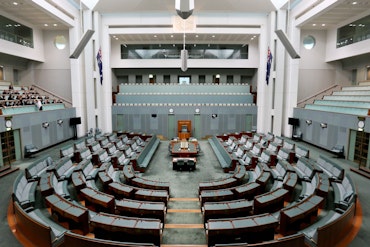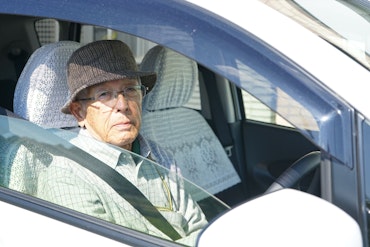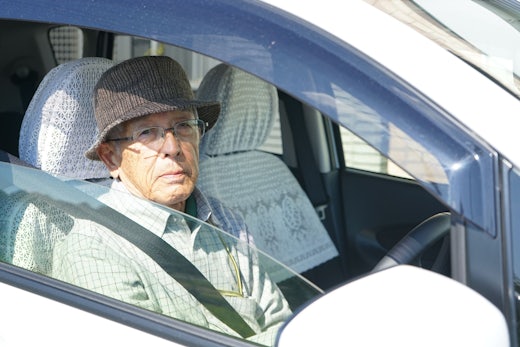Communication crisis in aged care
Aged care communications strategist, Ingrid Svendsen, claims, despite a wealth of evidence to the contrary, many providers in the aged and community care sector persist in their belief that a communications crisis will never happen to them.

Aged care communications strategist, Ingrid Svendsen, says failing to plan for a communications crisis is similar to buying a lotto ticket to fund your retirement.
Ms Svendsen, who deals with medication errors, hostile family members and sexual assault claims on a regular basis, will refute these misconceived notions during her plenary presentation at the Leading Age Services Australia (LASA) National Congress 2014 in October.
Her presentation, ‘It’ll Never Happen to Me’ and ‘Other Great Crisis Communications Myths’ will be followed by a crisis management panel discussion with Cynthia Payne, of SummitCare, Gary Barnier, of Opal Aged Care, and David Cox, of Ansell Strategic.
She will discuss some myths of crisis communications, evaluate case studies that demonstrate sound and risky practice and give an overview on how providers can integrate crisis communications preparedness into their organisation’s risk management approach.
Ms Svendsen reveals to LASA that she hopes leaders in residential care, community care and retirement villages understand that a crisis can in fact happen to them.
“Aged care is an inherently risky sector. Failing to plan for a communications crisis is a bit like buying a lotto ticket to fund your retirement. It might work, but there are plenty of tried and true methods that would be much more prudent and effective,” she says.
“It surprises me that organisations can have such a casual attitude to something so important. Organisations that would never dream of failing to maintain adequate insurance are quite willing to fail to insure their reputation, something which has never been more important in the current competitive environment.”
According to Ms Svendsen, the first 24 to 48 hours of a crisis are vital, because that is when often “unshakeable” public perceptions are formed.
Here are some of Ms Svendsen's top 10 tips during a crisis communication:
- Don’t think the situation will blow over easily. A major communications crisis won’t just 'go away'.
- Don’t say ‘no comment’. If something has gone wrong, media and stakeholders have a right to press for answers.
- Don’t tie up your executive team or key managers with communications issues. Let the communications experts manage the communications while senior management protect the organisation by dealing with the issue that caused the crisis.
- Apologise if the circumstances warrant it. Expressing your regret is generally an essential first step in crisis communications.
- Develop a crisis communications protocol so that you can respond quickly.
Ingrid Svendsen, director of aged care and health at Grounded Communications, will present on Crisis Communications at the LASA National Congress on Tuesday, 21 October 2014. Read LASA's interview with Ms Svendsen in its Winter edition of Fusion Magazine.























Comments